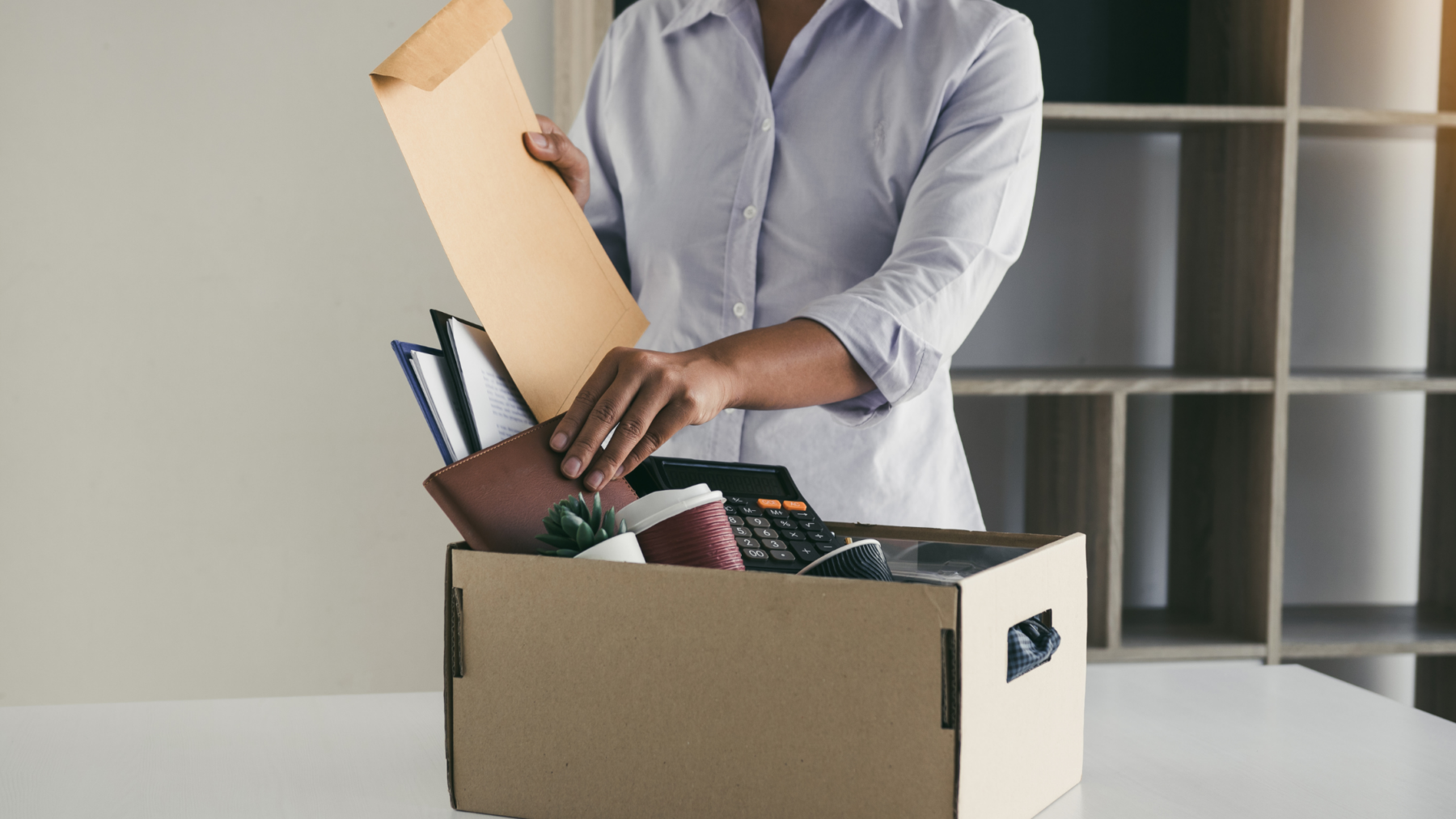To help British Columbia business owners during the current global health crisis, we have put together a COVID-19 FAQ (frequently asked questions) for employers. We will continue to update these FAQs as more questions arise.
If you have any questions about how best to prepare your business in response to COVID-19, don’t hesitate to contact us by phone at 604-266-7006 or via email at help@kentemploymentlaw.com.
For up-to-date information on COVID-19 in Canada, visit the Government of Canada website here.
- What are my obligations when it comes to employee health and safety?
Under the Workers Compensation Act, all BC employers must provide their employees with a safe work environment. As part of this, employers can and should encourage employees to practice good hygiene habits, including:
- washing hands often with soap and water for at least 20 seconds;
- avoiding touching eyes, nose or mouth with unwashed hands;
- avoiding close contact with people who are sick;
- coughing or sneezing into sleeves and not hands; and
- staying home if sick to avoid spreading illness to others.
As well, employees have an obligation to avoid and report unsafe conditions in the workplace, which in the case of COVID-19 would require that they enter quarantine for 14 days after possible exposure or if returning from travel abroad.
Keep in mind that health and safety is still relevant even where workers are working remotely. Employees can still make claims if they sustain a workplace injury while in their “home office”. Visit the WorkSafe BC website here to learn more about health and safety responsibilities when working from home.
- If an employee is quarantined at home, am I legally required to pay them during their time away from work?
No, there is no legal requirement in BC that an employer provide employees with paid sick days.
Depending on the length of quarantine, the employee may be eligible for federal employment insurance (EI) sickness benefits. Learn about EI here.
Other newly introduced government benefits in response to COVID-19 include:
- The federal government’s Canada Emergency Response Benefit (CERB) (announced March 25), which would provide $2,000 a month for up to 4 months for workers who lose their income as a result of the COVID-19 pandemic. Learn more about the CERB here.
- The provincial BC Emergency Benefit for Workers (introduced March 23), a one-time, tax-free $1,000 payment to any British Columbian whose ability to work has been affected by the outbreak, and who receives EI, or the CERB as a result of COVID-19 impacts. Learn more here.
Finally, the employee may be entitled to take vacation days or paid sick leave, if these are available under your particular workplace policies. If you do not currently provide your employees with paid sick leave, you may wish to consider implementing a temporary sick leave policy in response to COVID-19, as a number of US employers have begun to do: Walmart, Uber and Others Tweak Sick-Leave Policies as Coronavirus Spreads (NY Times) If you have or implement such a policy, make sure to encourage your employees to take advantage of it at the first sign of any COVID-19 symptoms.
- If an employee self-quarantines and wishes to rely on our sick leave policy, may we ask them to provide proof of their illness or risk?
Normally yes, but we recommend against it for the next few months. The COVID-19 pandemic is unprecedented, and many of the traditional rules governing employment relationships are being suspended or modified as we deal with this unfolding health crisis. We are in a time when employers and employees must support each other more than ever, which includes supporting an employee’s need or decision to self-quarantine.
In fact, on March 23, 2020, the BC government passed amendments to the BC Employment Standards Act which will allow workers to take unpaid, job-protected leave if they are unable to work for reasons relating to COVID-19. The leave will be retroactive to January 27, 2020, the date that the first presumptive COVID-19 case was confirmed in BC. To learn more, visit our Government Response to COVID-19 Fact Sheet here.
Whether an employer continues to pay an employee who is in self-quarantine is a separate question. See more on this topic below.
- If a government authority requires one of my employees to stay home for public health reasons, am I required to pay wages while they are off work?
No. The federal government has agreed that it will waive the one-week waiting period for people who are in quarantine or have been directed to self-isolate and are claiming for EI sickness benefits.
Our comments above under #2 regarding vacation and sick leave policies also apply here.
- If we require our employees to stay home for public health reasons and don’t pay wages, could this be considered a dismissal?
Normally “yes”, but in the case of COVID-19, we believe the answer is likely “no”. We believe that employers, in the extenuating circumstances of this health crisis, should be permitted to “layoff” employees and direct them to make an EI claim. As long as the affected employee is rehired when the company re-opens, it is expected that the employer would not be liable for a severance claim for the layoff period. We want to make clear that this is our best guess of how this situation will be handled, but there are no guarantees.
For information on the federal and provincial governments’ financial response to COVID-19 to support individuals and business, visit our Government Response to COVID-19 Fact Sheet here.
- If we need to layoff employees due to an economic slowdown, what are our obligations when it comes to wages and benefits?
See answer to #5 above.
If you issue extended layoffs to any employees, you will have to issue those employees a Record of Employment (ROE) and their pay will cease.
It is not uncommon for workers who have been laid off to continue receiving benefits, either as a company policy or as a result of the employee paying both the employer and employee’s contributions. Employees who are on layoff will normally qualify for EI.
Keep in mind that temporary layoffs are just that – temporary. They can only last a maximum of 13 weeks in a period of 20 weeks (about three months in a period of five months), i.e. they cannot continue indefinitely.
- Can an employee refuse to come to work if they think they are at risk of contracting COVID-19 there?
In BC, workers have the right to refuse unsafe work. If the employee has reasonable cause to believe that performing a job or task puts them at risk, they must not perform the job or task. BC employees may attempt to assert this right if they reasonably believe they may be exposed to COVID-19 in the workplace. If one of your workers is exercising this right, we recommend you give us a call so that we can discuss the steps you should follow in response to this work refusal.
- Can I impose a ban on employee travel?
Yes, employers may implement a travel ban on all non-essential business travel. However, an employer cannot generally prohibit its employees from leisure travel. Here’s what you can do:
- Require that employees report if they have travelled or will travel outside of Canada; and
- Adopt a policy that employees who travel to such areas “self-quarantine” and work remotely (or take a leave) for 14 days after returning to Canada.
- Can I require that one of my employees who just returned from a trip stay home from work?
Yes, employers may impose measures for the return of travelling employees. One example of such a measure is a requirement that an employee work from home for 14 days following the employee’s return from travel, depending on the employee’s method of travel and destination.
While an employer can’t require an employee to self-quarantine, an employer may want to ask employees to stay away from the workplace for the duration of the quarantine period to minimize exposure to other employees.
See our FAQs above for your obligations when an employee is quarantined. For updated travel advisories, see the federal government website.



